The Fourth Industrial Revolution is at hand, bringing with it new jobs and increased demand for talented workers – and not just for those with digital technology expertise. For this report, the World Economic Forum partnered with data scientists at Burning Glass Technologies, Coursera and LinkedIn to analyze online job postings, hiring rates and LinkedIn’s Economic Graph research. Their findings provide fascinating insights into emerging employment trends across the global economy – as well as the key skills required to take advantage of those developing opportunities.
The Fourth Industrial Revolution will offer diverse new employment opportunities.
In the decade since 2010, technological innovations have left many feeling concerned about the possibility of future mass unemployment as machines take over jobs currently performed by humans. In truth, little evidence exists to suggest that the number of jobs available for people will shrink; there is, however, a clear indication that job opportunities will differ from what they are today, in response to changing technology as well as socioeconomic developments. If current trends persist, emerging professions will add 1.7 million new job opportunities in 2020 and another 2.4 million by 2022. Such demand could add $11.5 trillion to the United States’ GDP over the next decade and create new pathways to prosperity for American workers.
Because the created jobs will stem from entirely new occupations or as a result of large-scale changes of existing occupations, workers who aim to thrive in the coming employment environment will need to be open to...
Vesselina Ratcheva, Till Alexander Leopold and Saadia Zahidi are researchers for the World Economic Forum – an international nonprofit organization that works with political, business and academic leaders to address global and regional issues.









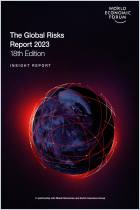
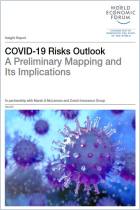
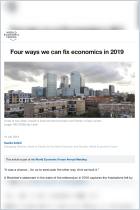
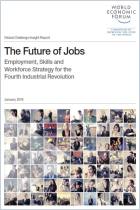
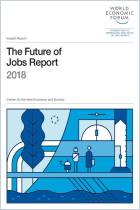
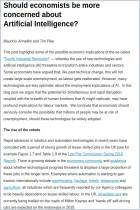
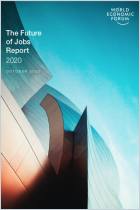


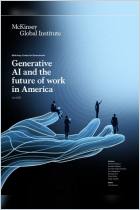
Comment on this summary